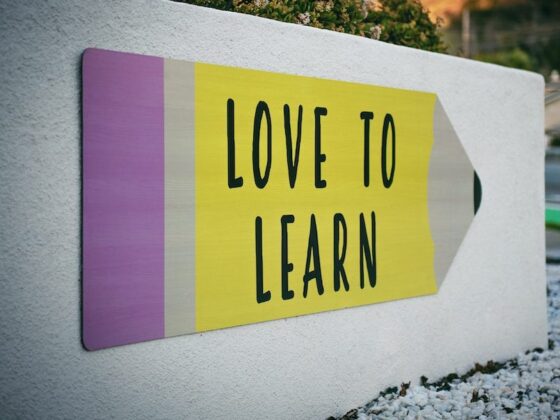Over the years, parents have shared how they’re working to combat summer learning loss at home with us. We’d like to share some of our favorites with you. If you’re looking to spice up your summer learning routine, try these fun, easy summer learning ideas for parents at home!
Bell Work – We continue the concept of “bell work” each morning. Simple activities that kids do while mom makes breakfast.
Create a Code – We created a code by giving numbers to letters. We wrote secret notes to each other and put them in secret spy locations only known to note writers.
Neverending Story – We choose a silly sentence to begin a story, like “On a green planet in the middle of a frozen galaxy…” Then every family member adds a few new sentences to the story. My kids could go on for hours.
Driveway Division – We do this on the driveway with chalk – all level of math drills between my 2nd grader and 5th grader. I ask what is 7×2 or what is 5+10? They have to write out the problem and solve it. We keep track of who wrote it and solved it the fastest. Fun on the driveway and kids love competition.
Quote Book – I wrote down funny things the kids said during the week. Over Sunday dinner I read the quotes and they had to guess who said it. The next week, the kids kept track of the funny things we said – plus their own silly statements!
Chalkboard Quiz – We do math drills on the big chalkboard downstairs. They each have to write the math problem as I say it and then solve it. “What is 7×7?” They like to compete and it is especially fun on a rainy day.
Consider a Summer Program – Camps offered by schools, YMCAs, universities and local groups are an affordable way to explore new opportunities.
Books, books, books – Fill your home with books. You can find a great selection of books at the library, garage sales, and thrift stores. Set up a book swap with your friends and neighbors.
Ask Questions – Encourage your child to investigate the world. Ask how he thinks the barcode works at the grocery store. Ask why she thinks her book ended the way it did. Ask what he plans on doing after lunch. Then listen!
Quiet Time – Set aside time several days a week for quiet reading and study.
Choose Educational Computer Games – The internet can be a safe place to find educational math, science and language arts games.
Keep a Schedule – Daily routines during the summer provide structure and balance.
Practice Math – Measure recipes, guess the total at the grocery store or have a math fact race. Include children in trip planning and time scheduling.




